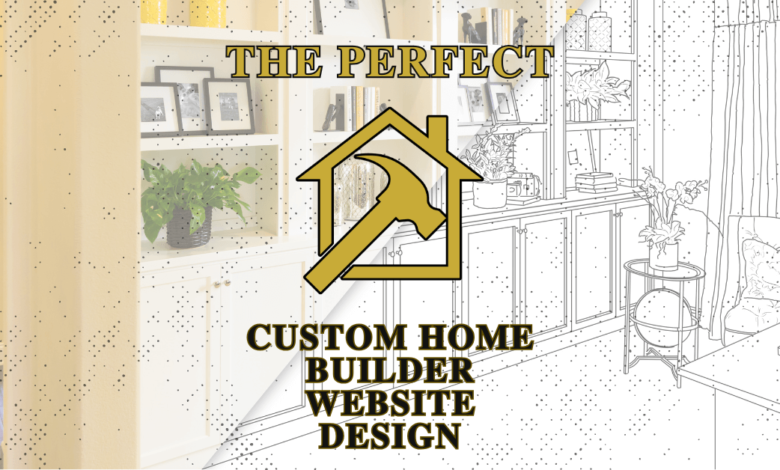Custom Home Builder Website Design: A Guide to Showcase Your Expertise

In today’s competitive market, a custom home builder website is more than just a digital presence; it’s your gateway to attracting clients and showcasing your expertise. Homeowners looking for custom builds are seeking a partner who can turn their vision into reality, and your website must instill confidence, provide inspiration, and demonstrate your capabilities. Here’s how to craft a site that resonates with your audience and drives leads.
1. Highlight Your Expertise
Your website should immediately convey why you’re the right choice. Use the homepage to showcase:
- Portfolio of Projects: High-quality photos of completed homes can demonstrate your craftsmanship and versatility.
- Client Testimonials: Social proof from satisfied clients builds trust.
- Certifications and Awards: Mention affiliations with organizations like the National Association of Home Builders (NAHB) or any accolades that set you apart.
2. Prioritize User-Friendly Design
Your website must cater to both the aesthetically inclined and those seeking practical information. Key elements include:
- Mobile Responsiveness: Ensure your site looks and works perfectly on all devices.
- Easy Navigation: Use intuitive menus and clear calls-to-action (CTAs) to guide visitors to key sections, like your portfolio, services, and contact page.
- Fast Loading Speeds: Optimize images and code for a seamless user experience.
3. Showcase Your Process
Many homeowners don’t know where to start when building a custom home. Break down your process in an easy-to-follow, visually appealing format. Explain steps like consultations, design phases, permitting, and construction, emphasizing transparency and collaboration.
4. Provide Valuable Content
Engage your audience by offering resources that address their questions and concerns. A blog or resource hub can include topics such as:
- How to Choose the Right Custom Home Builder
- Tips for Designing a Home That Reflects Your Lifestyle
- Understanding Timelines and Costs for Custom Homes
Valuable content not only educates potential clients but also improves your site’s search engine rankings, helping more people discover your business.
5. Offer Interactive Features
Interactive elements can set your website apart and improve engagement. Consider adding:
- Virtual Home Tours: Allow visitors to explore your past projects online.
- Cost Calculators: Provide a rough estimate for potential clients based on size, materials, and customization options.
- Design Galleries: Include an interactive gallery where users can explore different design styles and layouts.
6. Focus on Local SEO
As a custom home builder, your target audience is typically within a specific geographic area. Optimize your website for local search by:
- Including your service areas prominently on the site.
- Using location-specific keywords like “custom home builder in [City/Region].”
- Creating Google My Business listings and encouraging reviews from satisfied clients.
- Ensuring the site title and pages are named properly.
7. Make Contact Easy
Your website should make it simple for potential clients to reach out. Include a contact form with fields for essential details, such as name, email, project type, and location. Provide a phone number and email address, and consider adding live chat functionality for immediate inquiries.
8. Emphasize Visual Appeal
As a custom home builder, your work is inherently visual. Use large, high-resolution images and videos to showcase your projects. Employ a clean, professional design that reflects the quality of your services. Avoid clutter and maintain consistent branding across all pages.
Conclusion
A custom home builder website is an essential tool for attracting new clients and growing your business. By focusing on visual appeal, user experience, and valuable content, you can create a site that positions you as a trusted partner in building dream homes. Invest in professional design and regularly update your site to ensure it continues to represent your brand effectively. A well-crafted website doesn’t just showcase your work—it builds the foundation for lasting client relationships.

Let’s talk website design:
Source link





